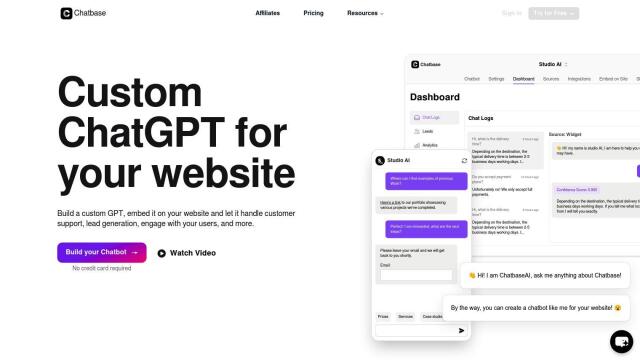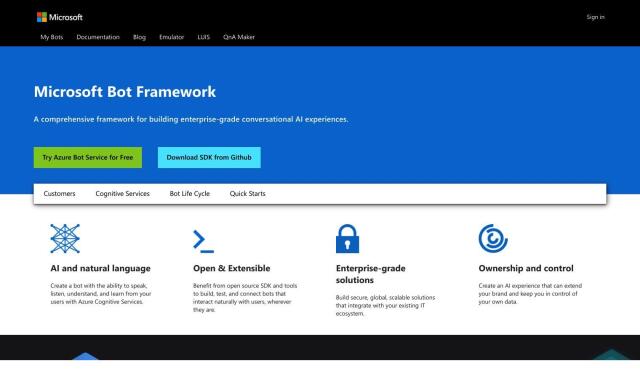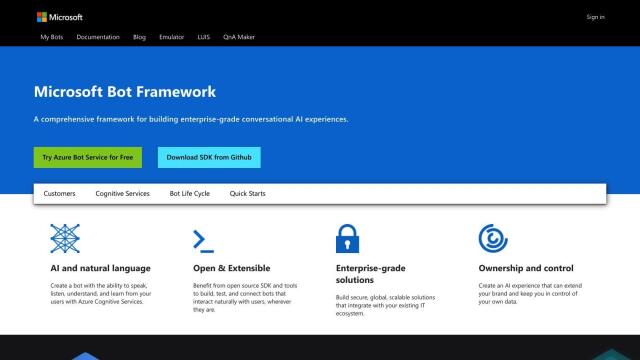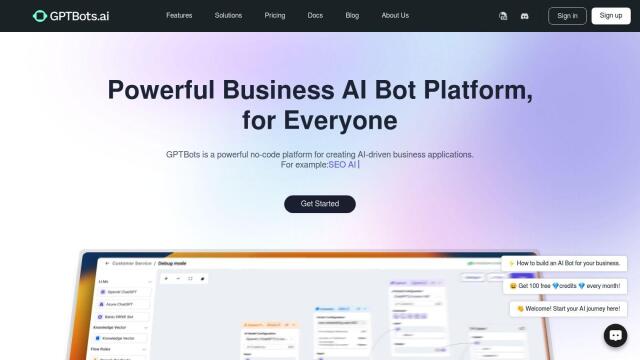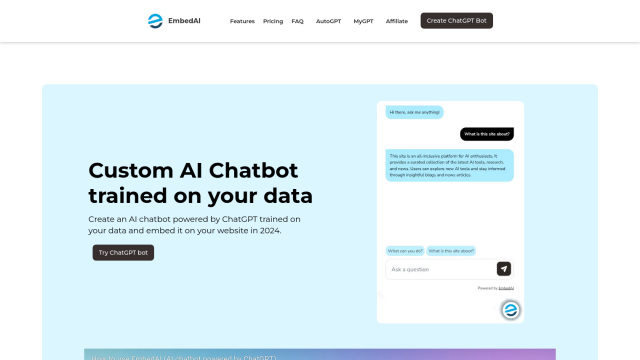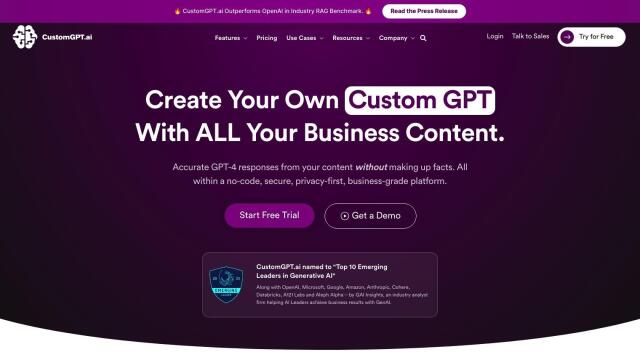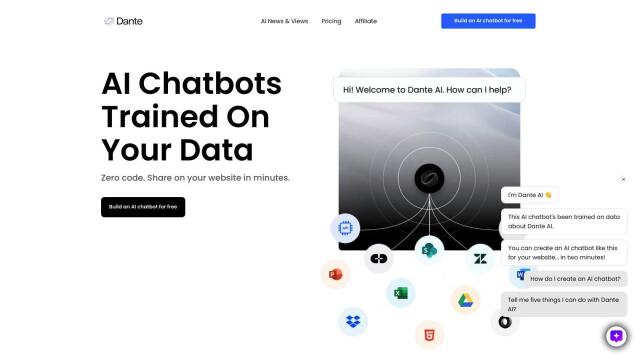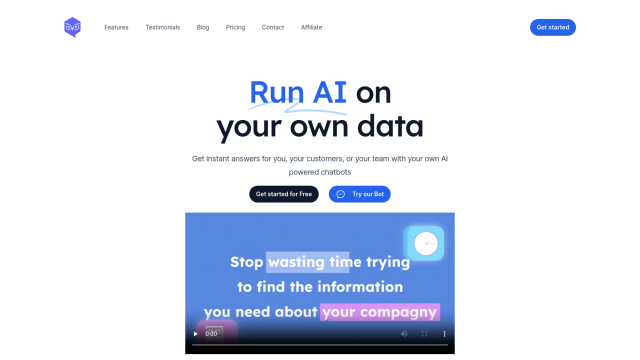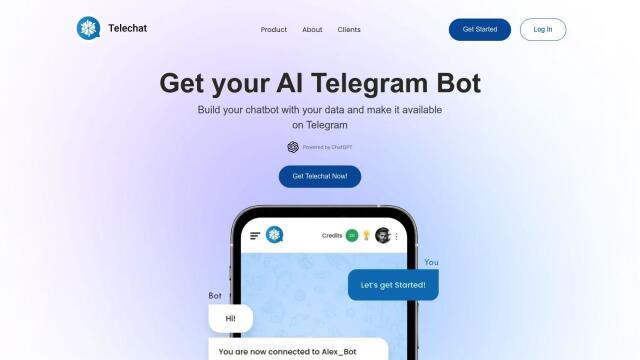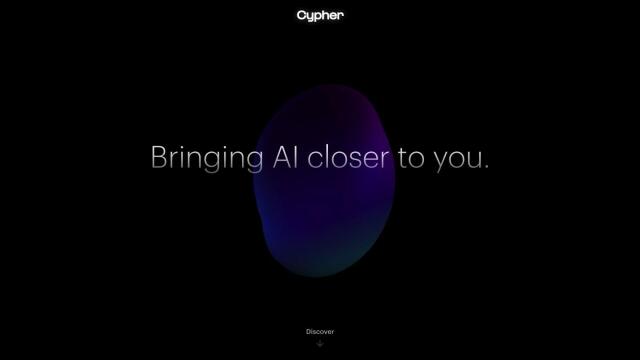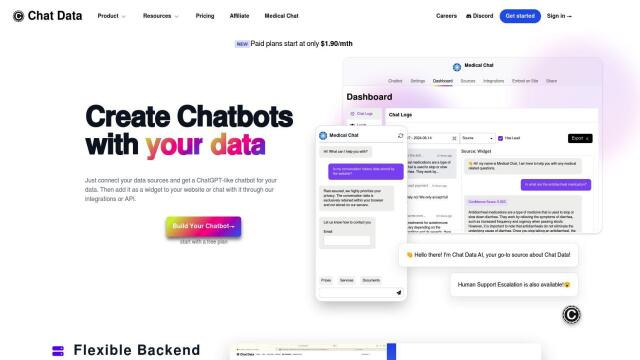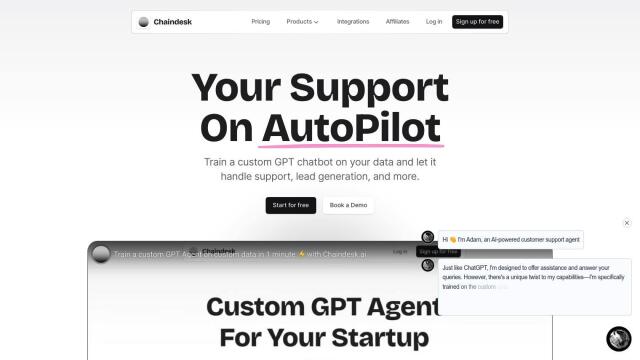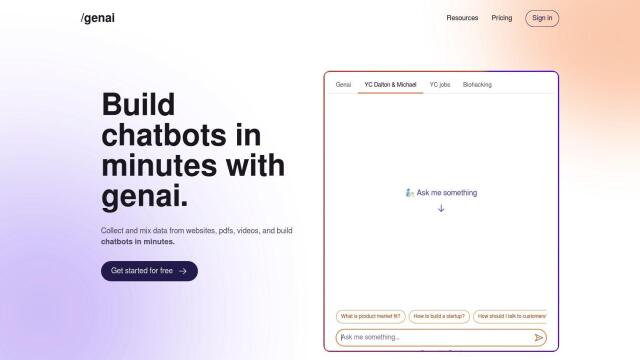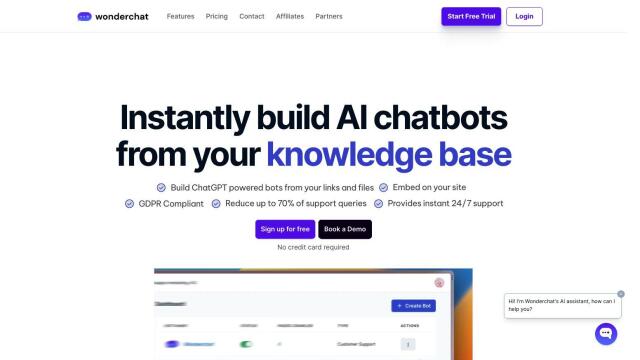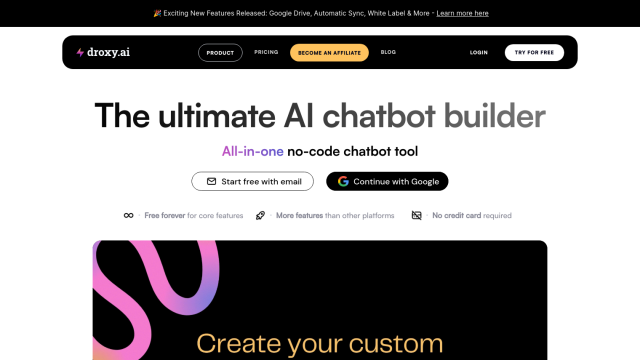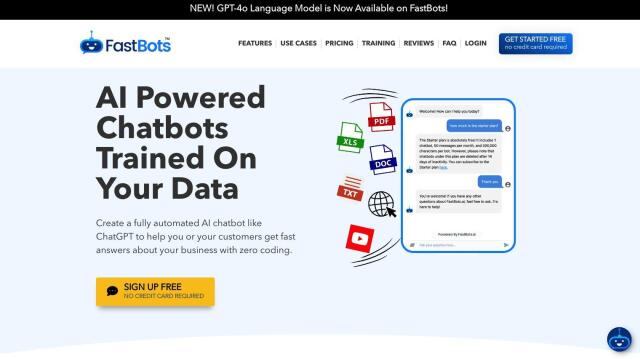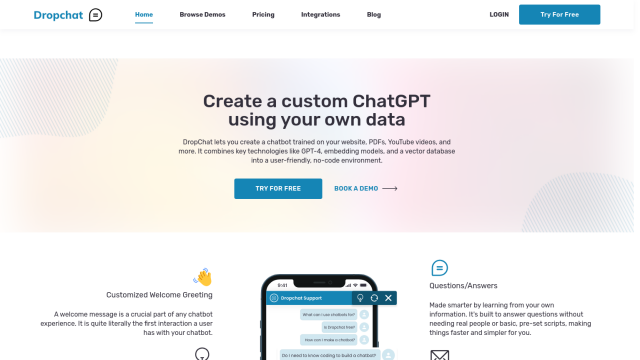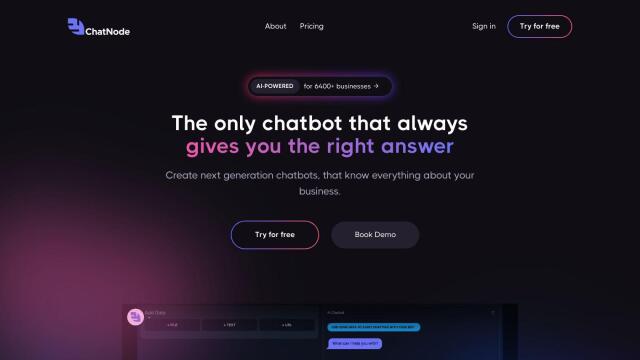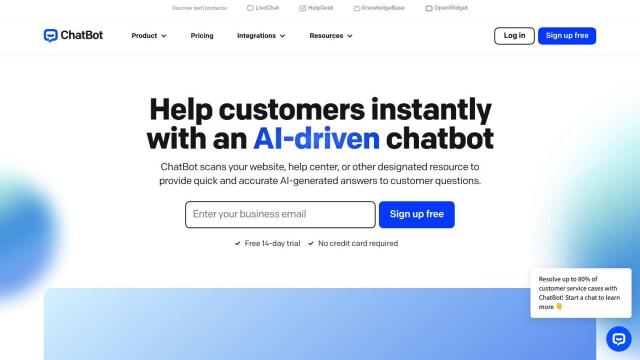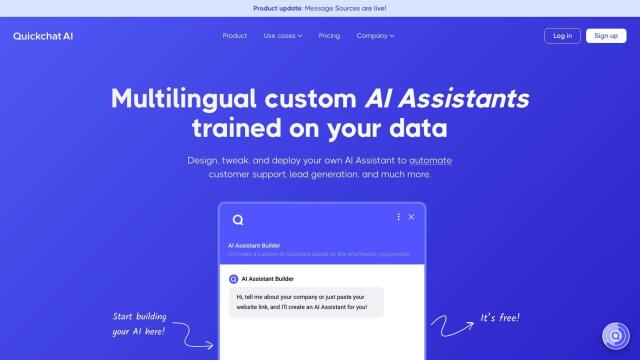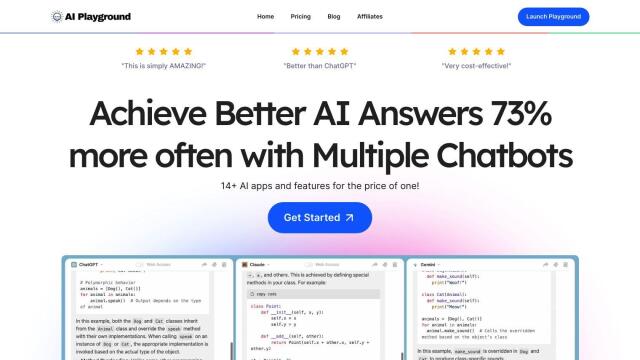Question: How can I build a chatbot that can discuss any subject without censorship, is there a specific API for that?

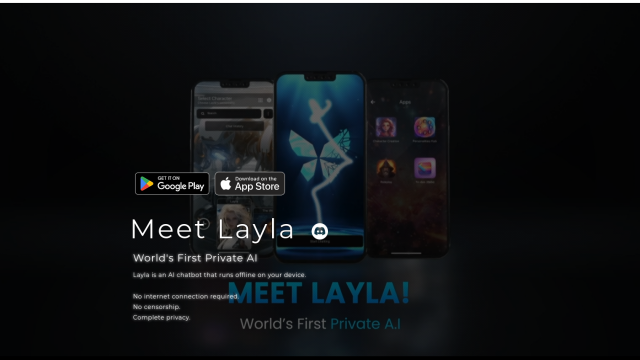
Layla
If you want to create a chatbot that can talk about anything without any kind of censorship, Layla is a good choice. This private, offline AI chatbot runs on devices that aren't connected to the internet, so you get the privacy and no censorship. It has customizable settings, different personalities and can have a conversation, create stories and answer questions. The AI technology uses the latest Large Language Models (LLMs) that can be trained on user interactions to give a more natural and contextual experience.

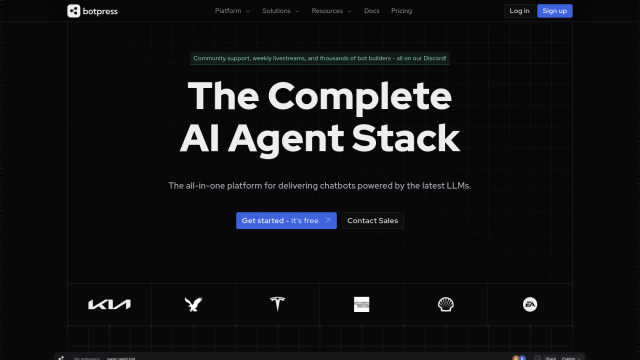
Botpress
Another interesting project is Botpress, a ChatGPT chatbot builder that's fast to set up and use. It's got an interface that uses OpenAI's LLMs and GPT, and it's got more than 100 integrations with services like WhatsApp, Telegram and PostgreSQL. Botpress has professional greetings, the ability to import knowledge from your own sources, synchronization with databases for personalization, and an API for customizing it. It also has options for security, scalability and real-time monitoring, so it's a good option if you're looking for a more powerful chatbot foundation.

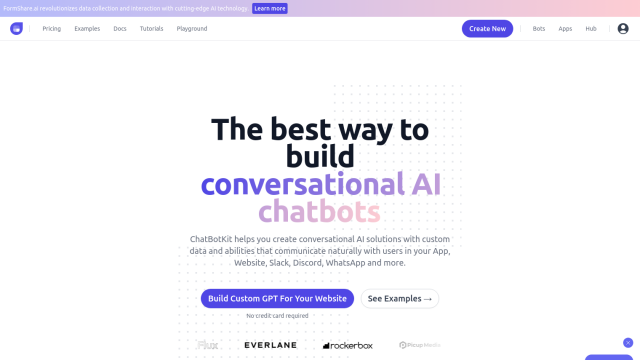
ChatBotKit
If you want a more general-purpose foundation, ChatBotKit is a broad chatbot foundation for AI chatbots that can run on multiple interfaces and support multiple languages. It's got features like custom datasets, webhooks, API and SDKs for easy integration. With support for foundational models from OpenAI and others, ChatBotKit is good for a wide range of use cases like AI personas, education and support. It's also designed to protect user privacy and security.

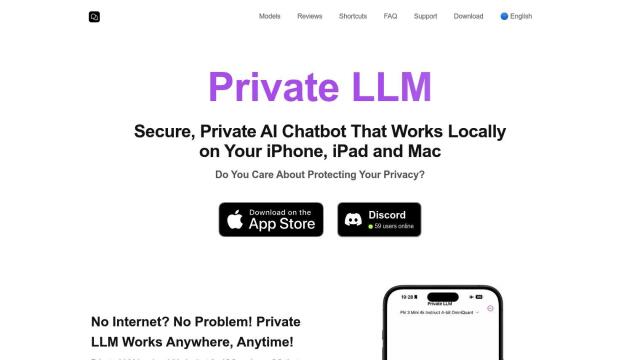
Private LLM
Finally, Private LLM offers a local AI chatbot for iOS and macOS that works even when you don't have a network connection. It's backed by a variety of open-source LLM models, and it's got customizable prompts, integration with Siri and Shortcuts, and AI services like grammar correction and summarization. That makes it a good option for individuals and families who want a private AI assistant that can handle a variety of tasks without sacrificing privacy.

